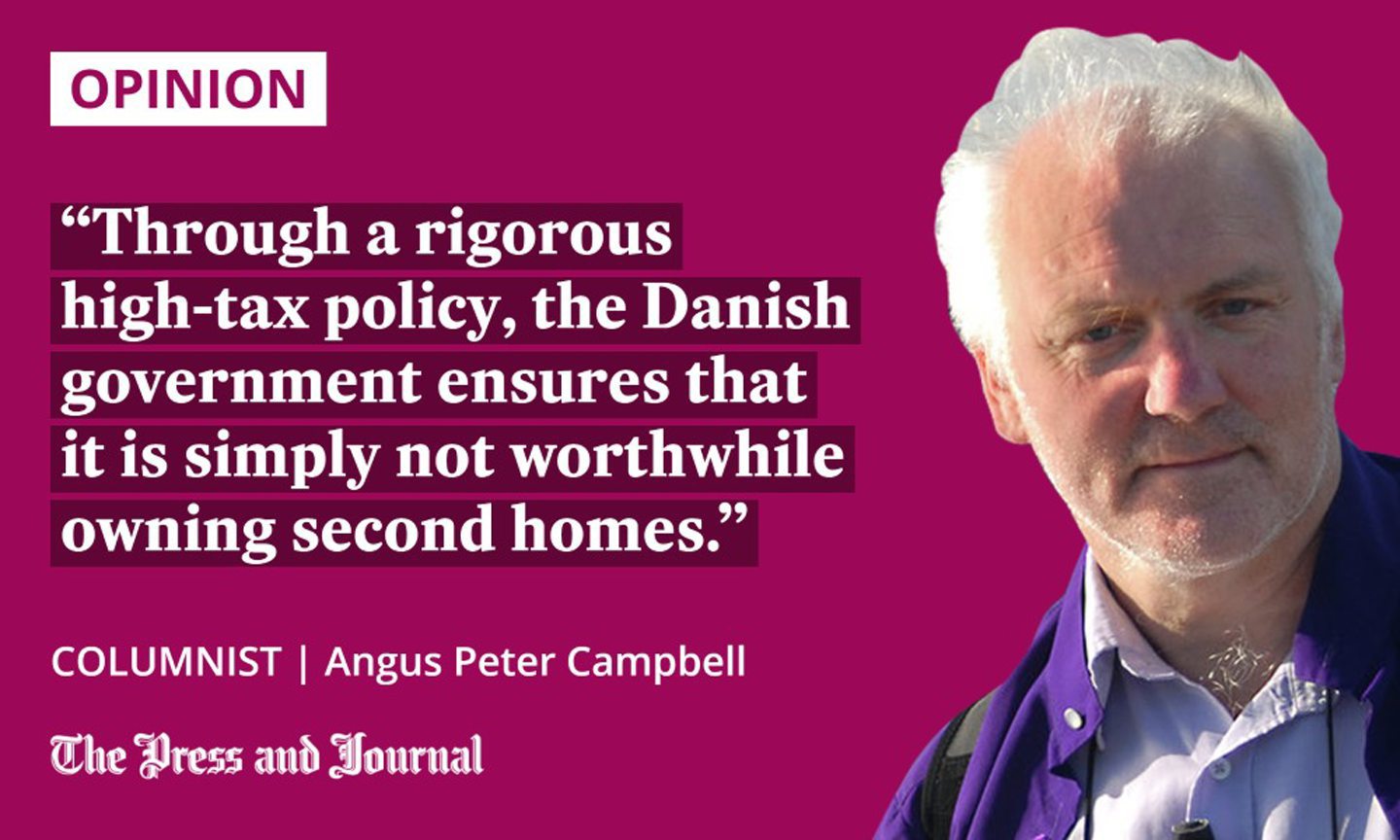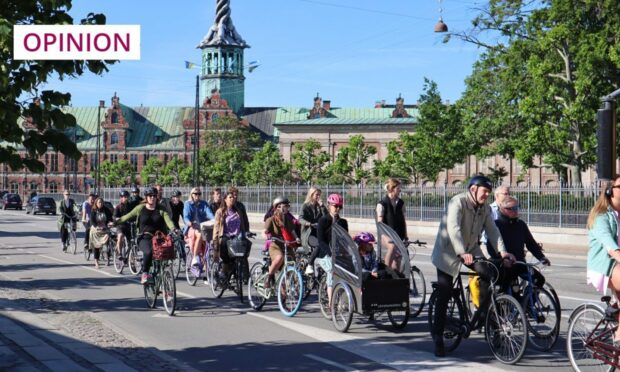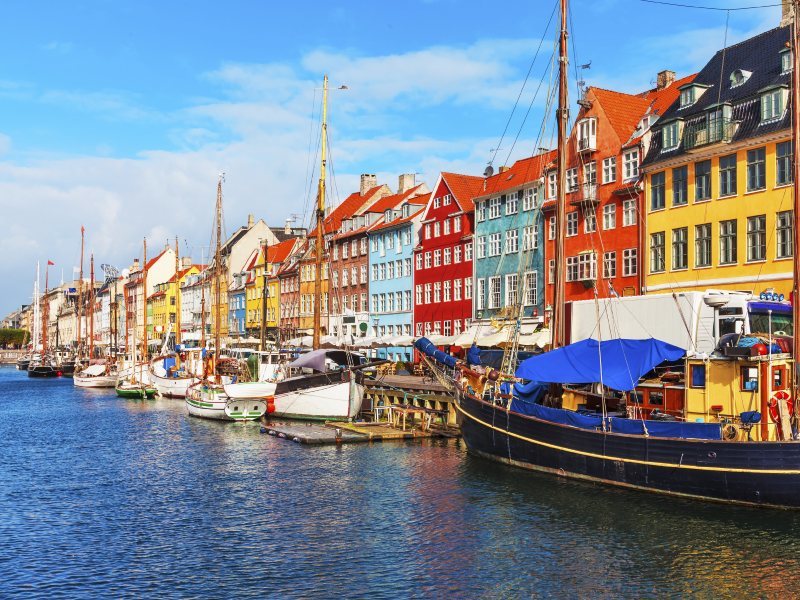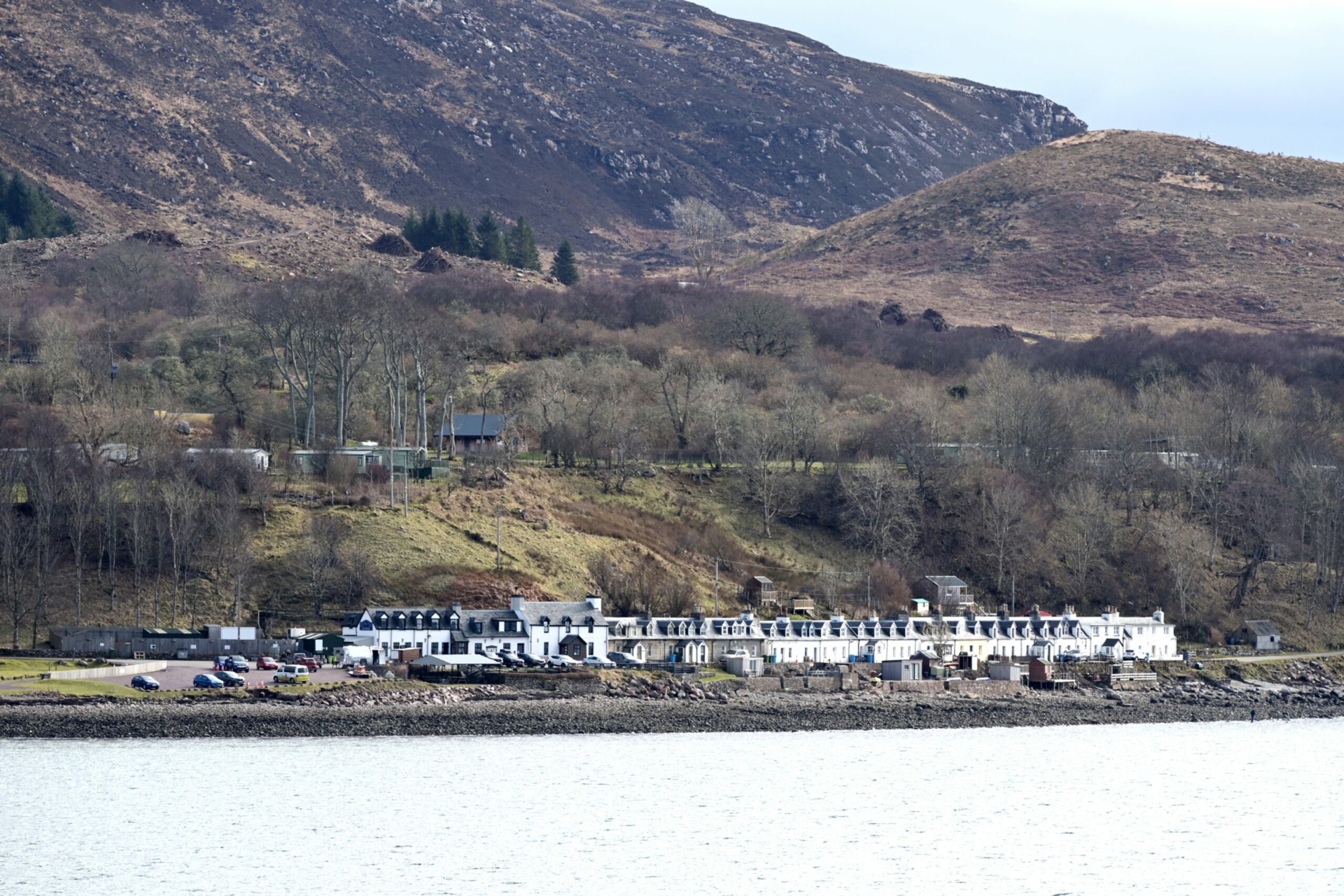I was over in Copenhagen a fortnight ago, and loved it.
The people were welcoming and friendly, the architecture was lovely, the weather was fabulous, and the food and coffee while sitting outside by the canals tasty and pleasant.
But I don’t want to take up the precious space in this column talking about my holidays. Instead, I want to highlight a couple of important issues that are important to all of us, and which Scotland could learn a great deal about from Denmark. Namely, transport and housing.
In terms of land mass, Scotland is about twice the size of Denmark, though the two countries have (roughly) the same number of people – 5.8 million in Denmark and 5.4 million in Scotland. As an islander, I felt especially at home in Denmark, because you are constantly surrounded by water. When you include the Faroe Islands and Greenland (which are part of the Kingdom of Denmark) there are a total of 1,419 islands, which put Scotland’s 790 offshore islands a bit into the shade!
I was hugely impressed by the Danish transport system. Arriving at Copenhagen Airport from the dingy Edinburgh equivalent was like leaving a fusty and dusty room and finding yourself in a smart, clean one. A hugely efficient metro system which operates 24 hours a day, seven days per week (Glasgow take note with your sort of part-time subway service), and plenty buses, including boat-buses which take you from one part of Copenhagen to the other on any of the many canal systems.

But the highlight is the bicycle! Or, I should say, the thousands upon thousands of bicycles on the city streets, some of them solo bikes, loads of them with these pretty shopping baskets at the front and back, and lots of them, too, with carts at the front or back, transporting children to schools and playparks and other places.
And the thing is that (unlike here in Scotland) these bicycles are not seen as inconveniences, as awkward things getting in the way of cars, but are, instead, regarded as the foundation of getting about in Copenhagen.
Sure, it helps that Denmark is a very flat country, and as a cyclist you don’t have to ascend the Clisham on your way to the office. But, nevertheless, it’s obvious that travelling to school or office or factory or leisure by bike is seen as a normal, green and environmentally-friendly thing to do, rather than as an obstruction to the car.
Because wide bicycle lanes are clearly marked, and clearly adhered to, it was safe to cycle. And, although I didn’t drive a car while in Copenhagen, my daughter who lives there is on a nationwide scheme where you can gain points and just pick up an electric car free of charge from the street to take you to your destination, so she did that a couple of times.
Oh, and another thing – see that wee green man who tells you it’s safe to cross the street? Well, in Denmark, everyone obeyed him, and only crossed the road when he flashed green. Unlike in Scotland, there was no jaywalking, so that took me a while to get used to. And no car drivers were sitting there impatiently blaring their horns, because it’s illegal to do so!
Strict landowning and housing policy works wonders
Apart from bicycles – and perhaps even more importantly – they have a proper land and housing policy. Unlike here in Scotland – and the Gàidhealtachd in particular suffers from second home ownership – you cannot buy a house in Denmark until you’ve been a resident in the country for at least five years.
Through a rigorous high-tax policy, the government ensures that it is simply not worthwhile owning second homes. Basically, if as a resident you buy a home, it’s to live in. Though there are rented properties, which as far as I could make out were mostly company properties.
It would be marvellous to see an equally rigorous landowning and housing policy in Scotland. For here, it seems a total free for all, where anyone with a large sporran can buy or do whatever they like. Absentee landownership has long been a running sore in this country, and the recent updated research by the cooperative investigative journalism platform The Ferret has provided further damning evidence about Scotland’s secret owners, a whole swatch of them based in overseas tax havens.
That’s on the big scale; on the local, indigenous scale, land and house prices continue to spiral outwith the resources of the vast majority of local people who can’t find a home to rent or own in their native land. It’s a scandal which our Holyrood government should have dealt with long ago (along with the ferries and so many – so many – other things), in the years they’ve been in power.
Shame on them, and thank you, citizens of Copenhagen.
Angus Peter Campbell is an award-winning writer and actor from Uist


